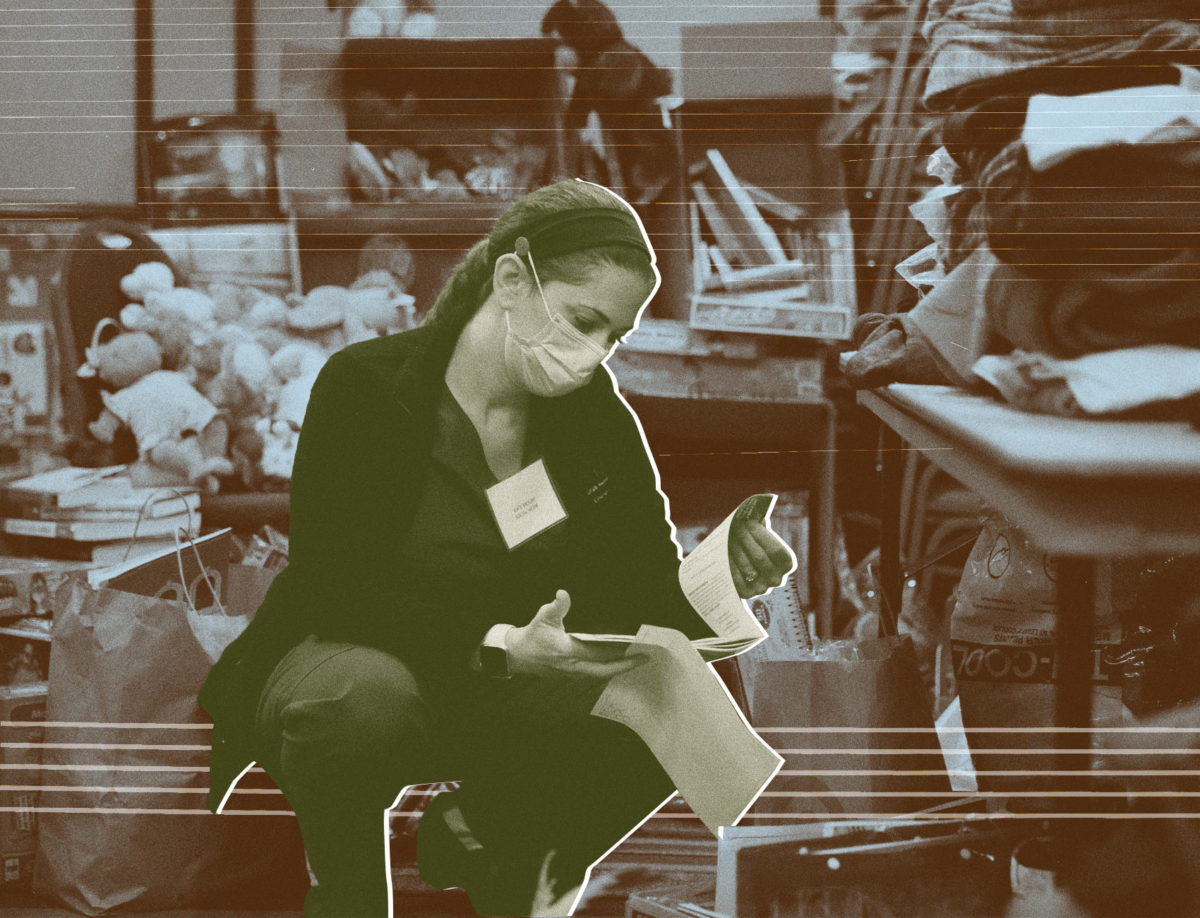
Social Workers Are Rejecting Calls For Them to Replace Police
Some say their roles are already too close to those of law enforcement and are organizing for a radical rethinking of the profession.

Some say their roles are already too close to those of law enforcement and are organizing for a radical rethinking of the profession.
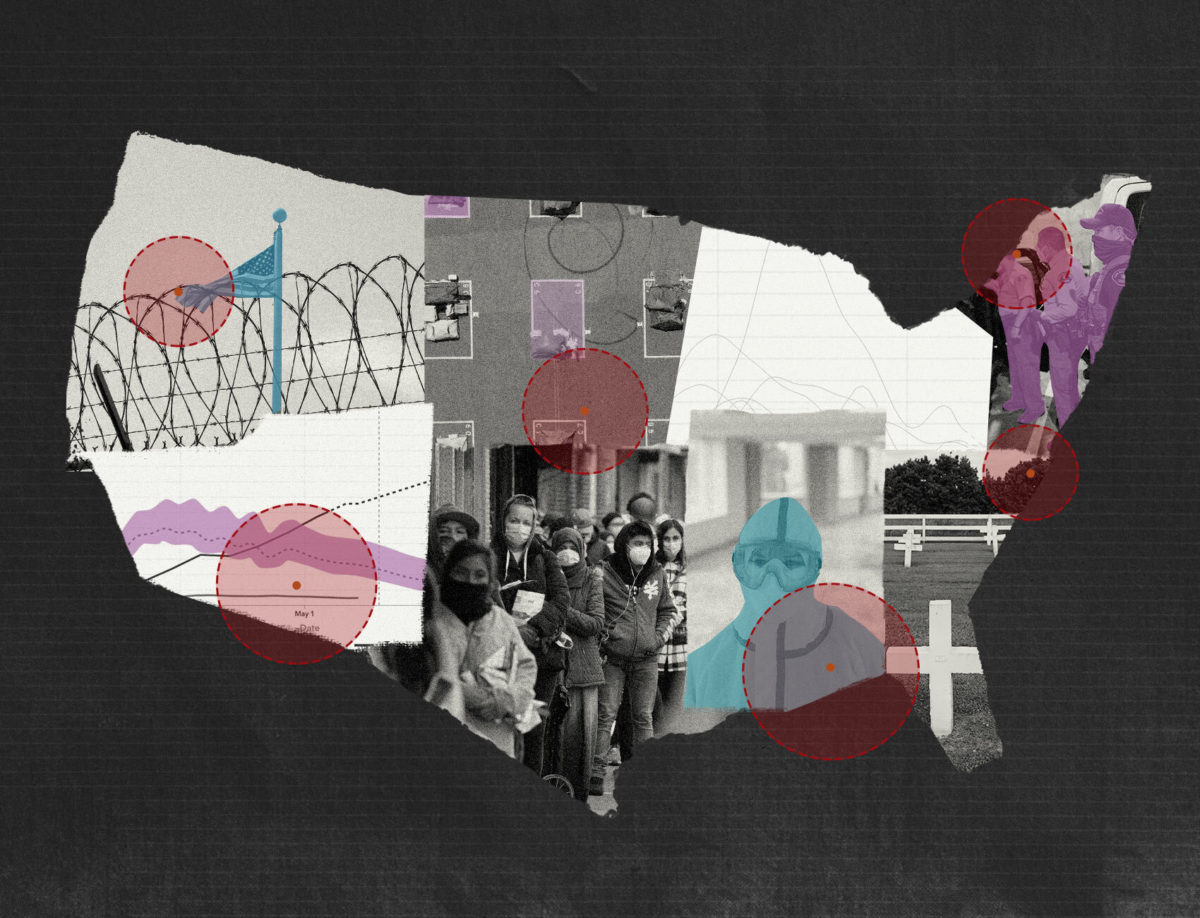
Amid ongoing COVID-19 outbreaks in state prisons, Oregon lawmakers grapple with decarceration plans; the Sacramento County Sheriff won’t share infection data with the oversight board; and Oklahoma corrections officials use CARES Act money to ’boost morale’.
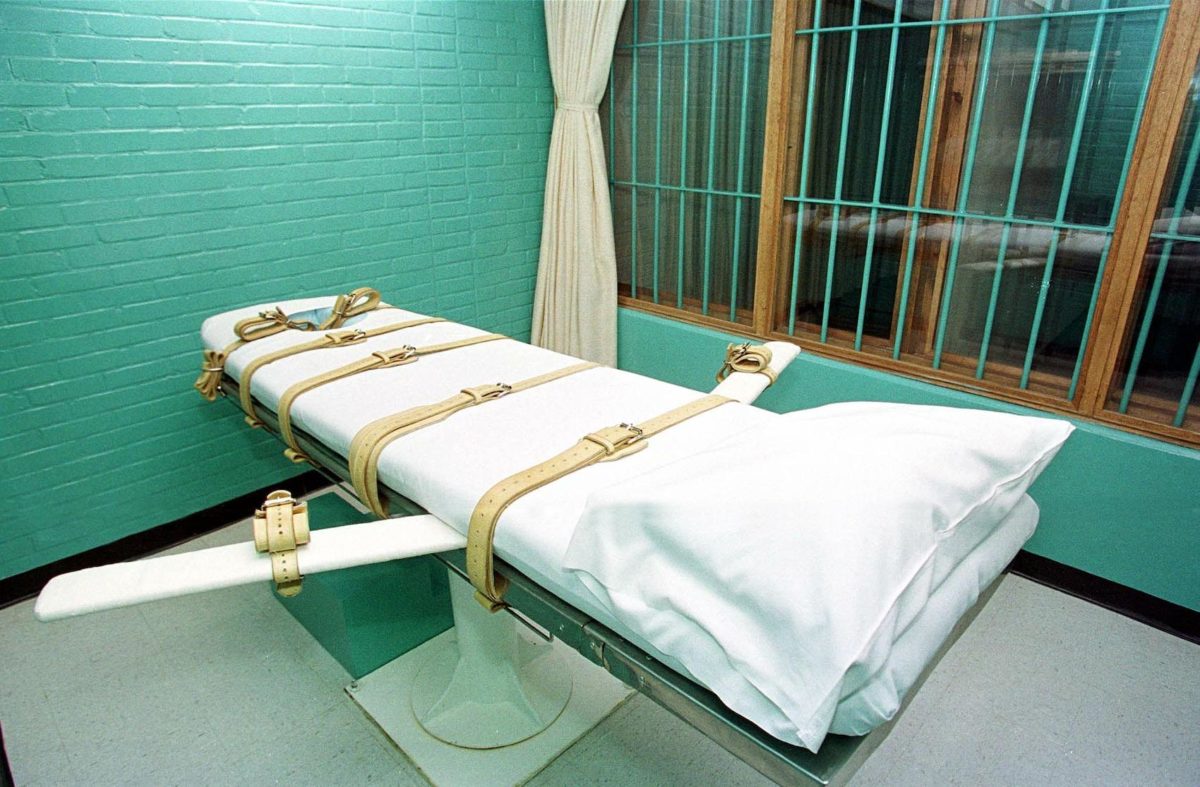
The execution of Mitchell against the will of the Navajo Nation only perpetuates the U.S.’s dreadful history of colonial violence and oppression of Indigenous peoples.
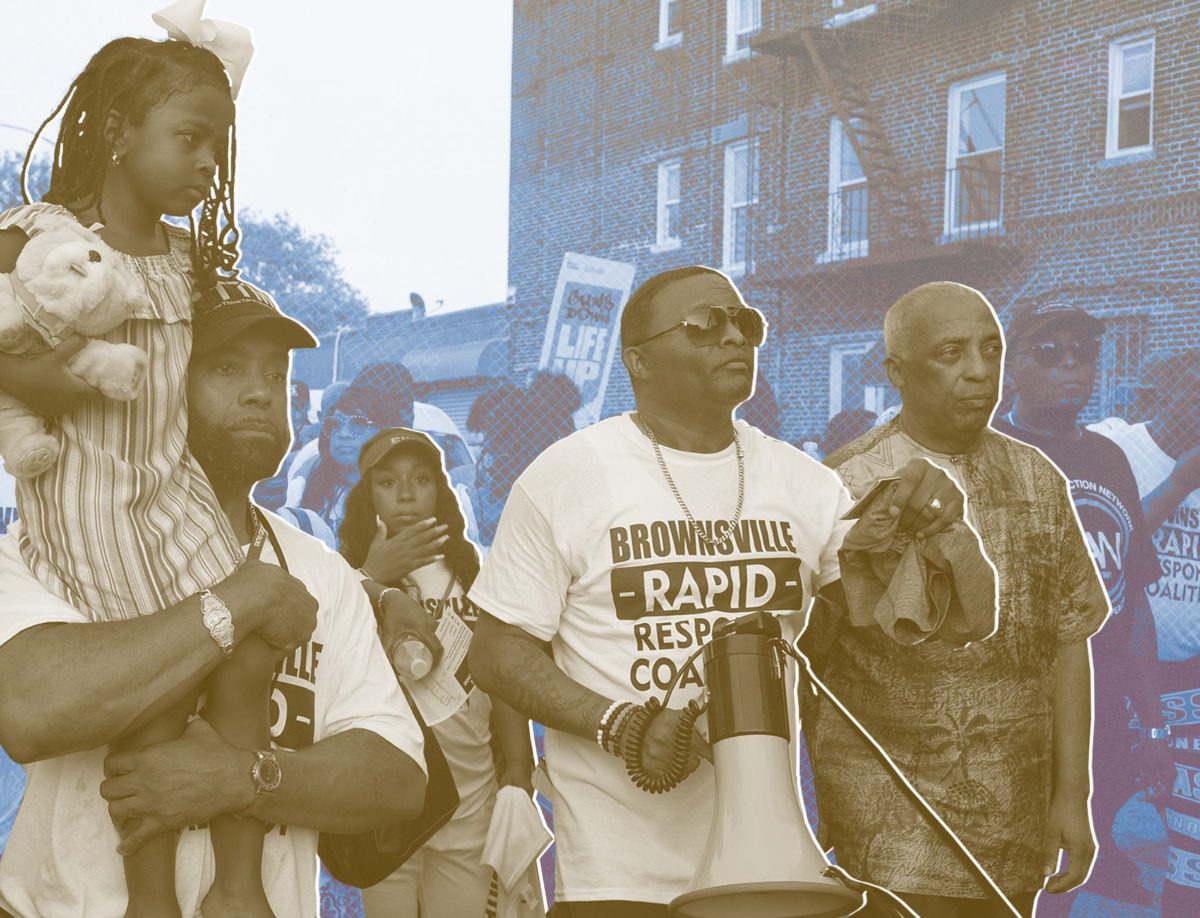
Although there’s a diversity of views about law enforcement in Brownsville, Brooklyn, there’s widespread agreement that the community is still fighting to obtain all the resources it needs to thrive and police itself.
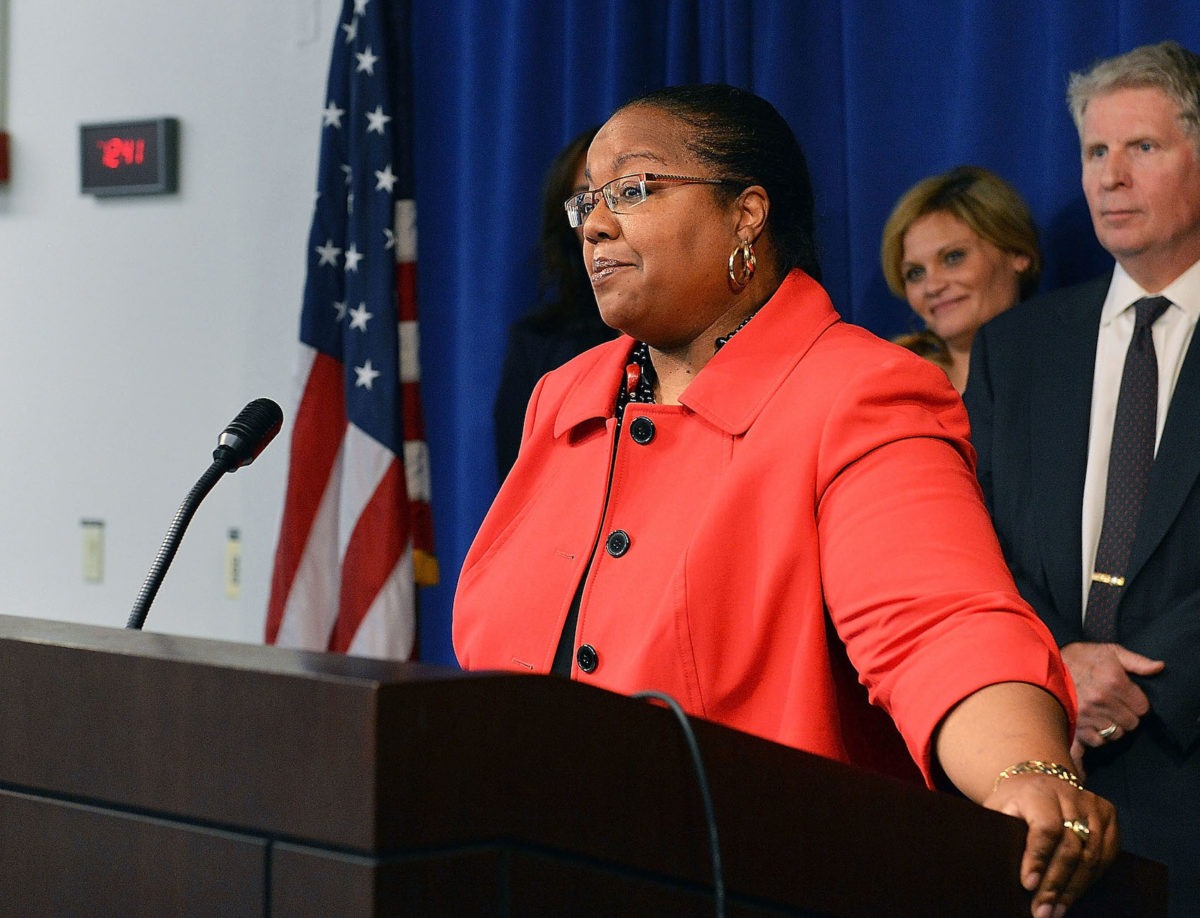
A state investigation found that Detroit police officers fabricated evidence that helped convict a 14-year-old boy. A judge threw out his conviction after he spent nine years in prison, but the officers are still on the job and haven’t been flagged as unreliable to testify in court.
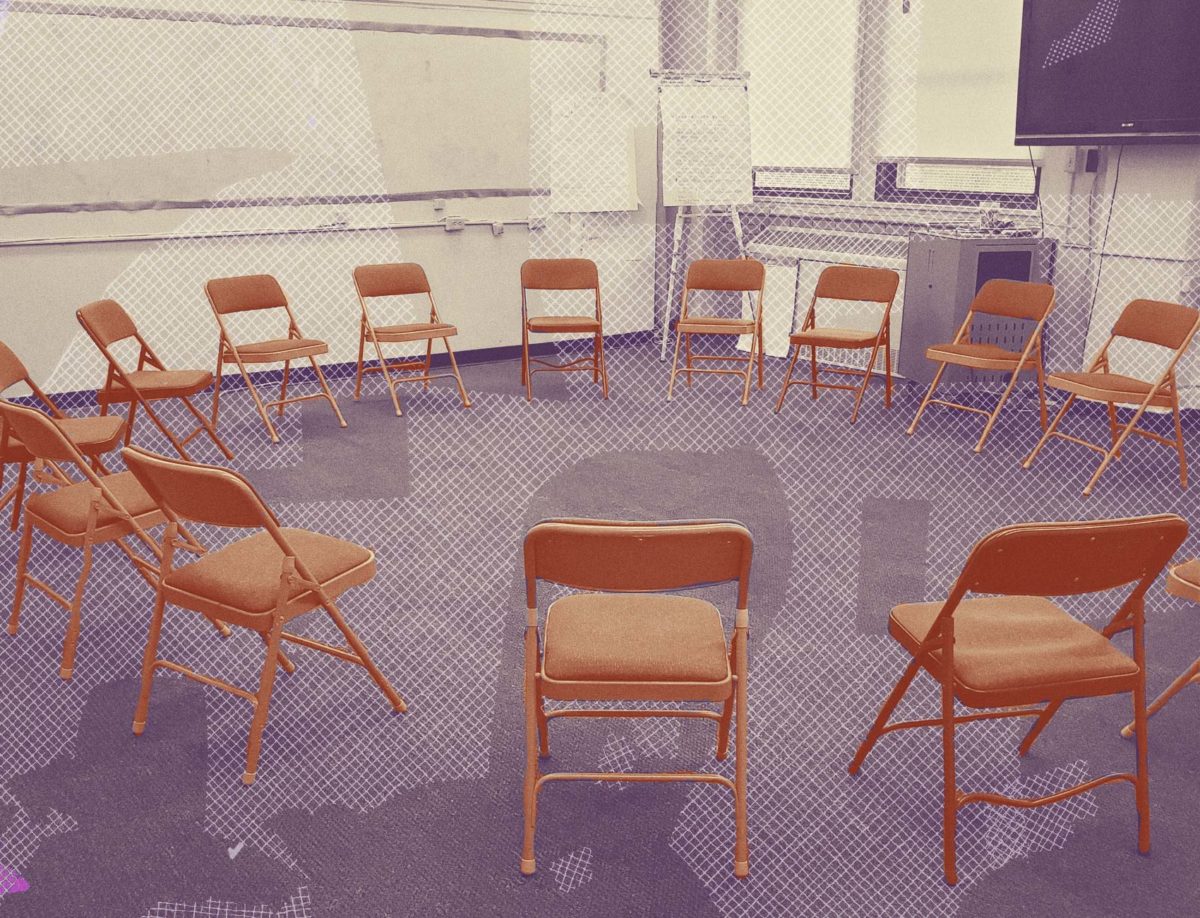
Rates of reporting domestic violence are low in immigrant communities, where survivors of abuse often don’t want to involve the police. As an alternative, the de Blasio administration promised to fund community-based domestic violence programming—but those funds were delayed, and advocates fear programs with strong community ties may not meet the city’s requirements.

California prison watchdog finds lapses in COVID-19 screening procedures, the ‘trailer jails’ that officials in one Missouri county praised as ‘innovative’ are the site of an outbreak, and the U.S. Marshals Service is blamed for spreading infections among federal detention facilities.
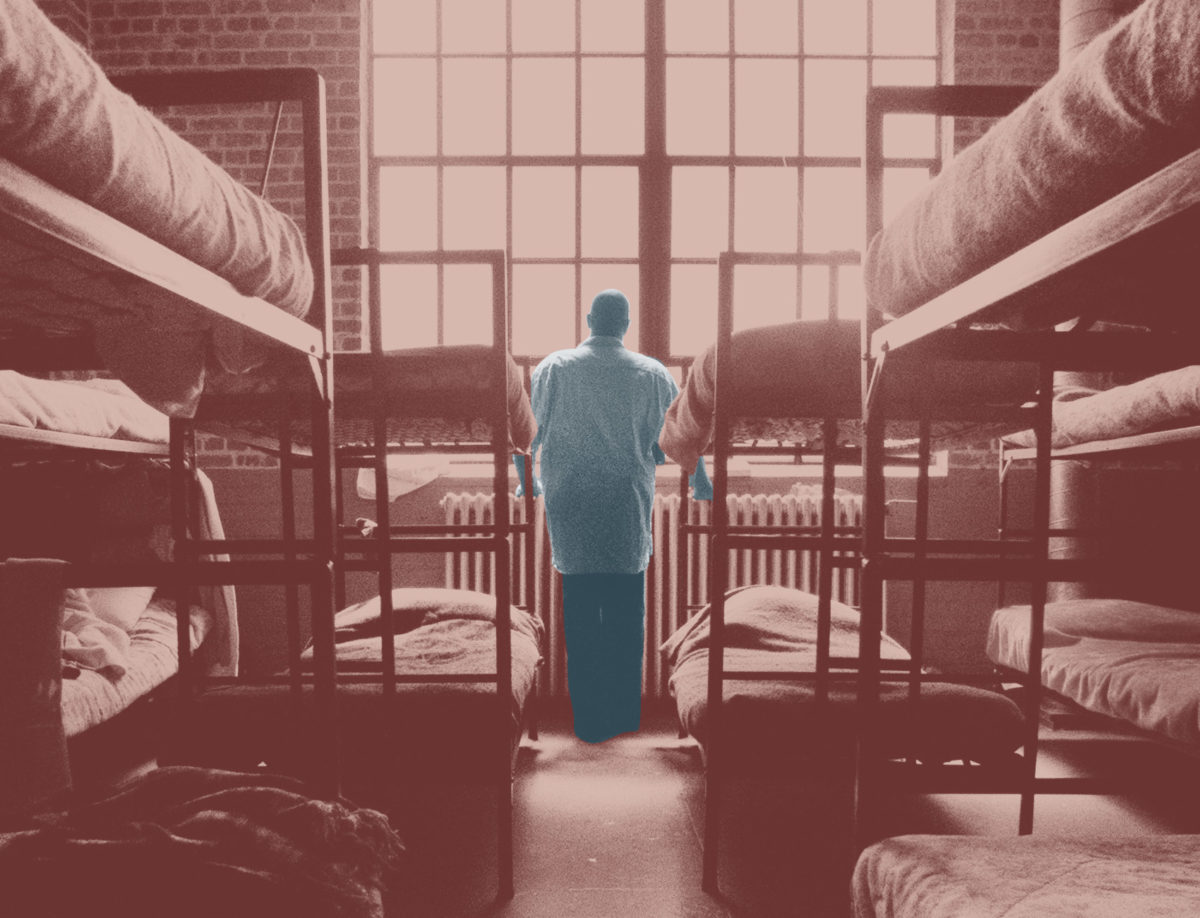
The state Board of Pardons recommended last year that hundreds of people’s criminal records be cleared. Months later, more than half are still waiting for Tom Wolf’s signature.
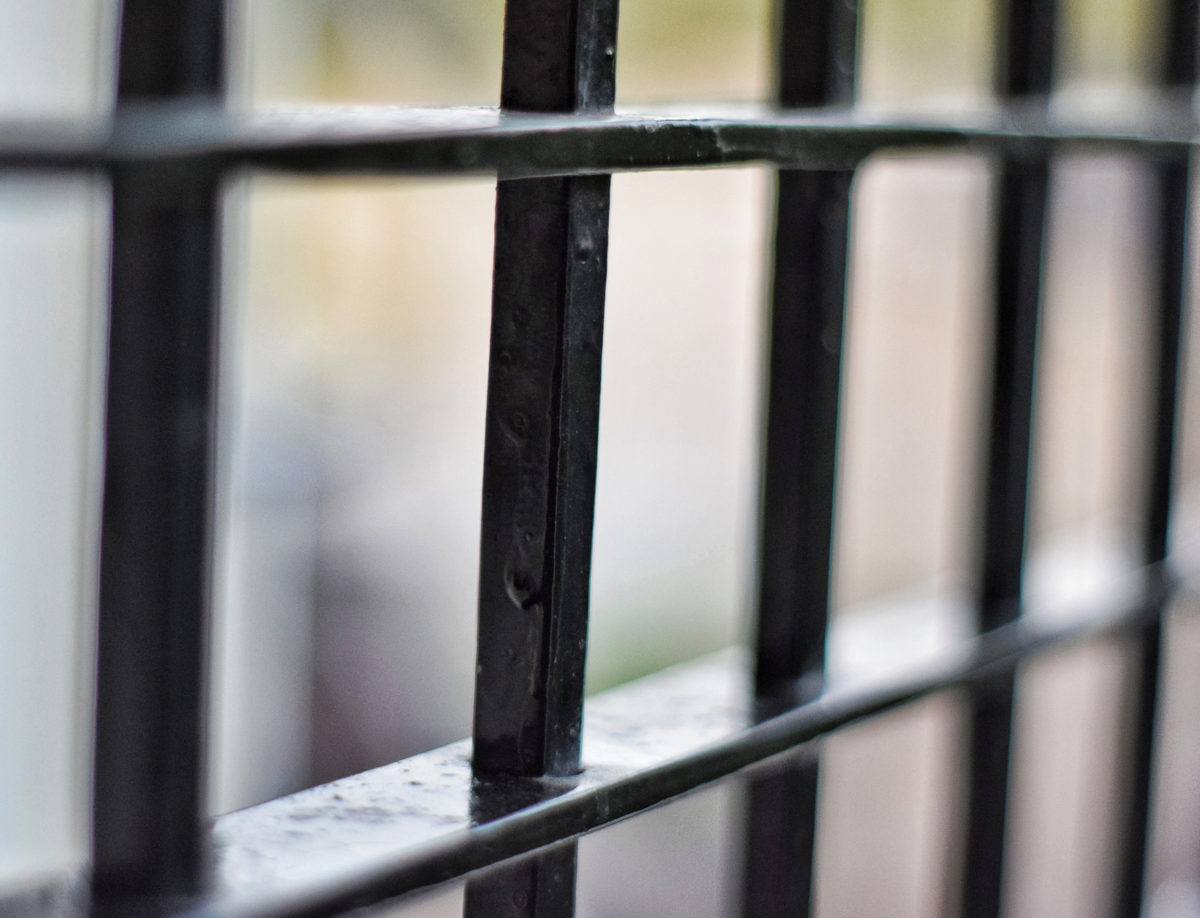
Nicole Poston was sentenced in July for punching a police officer after she slipped free from a handcuff. Life sentences, even for nonhomicide offenses like Poston’s, are ‘a major factor’ in mass incarceration in the U.S., a criminal justice expert said.

Newspaper fearmongers around releasing people from prison due to COVID-19, oversight agency urges state DOC to ease restrictions on people in prison who have faced months of lockdown due to pandemic, sheriff orders staff not to wear masks.
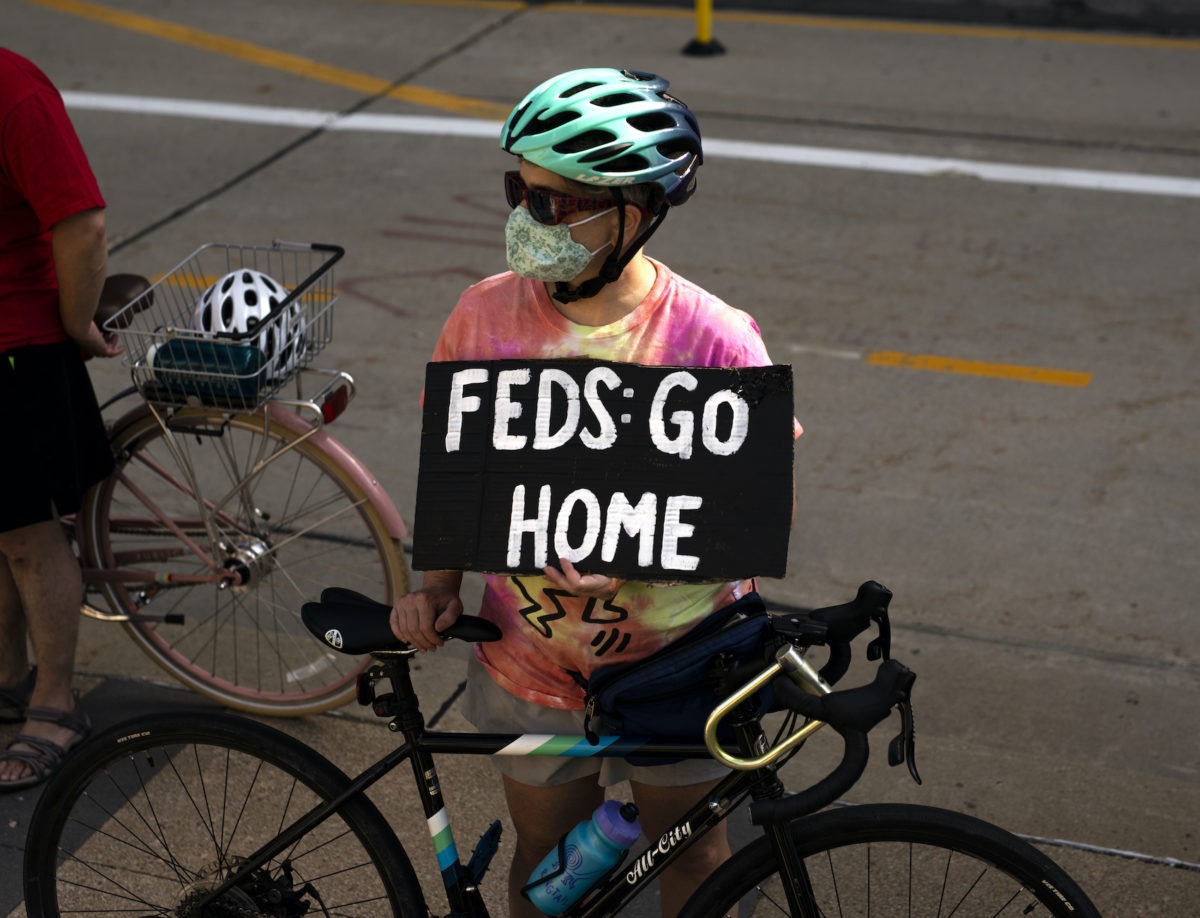
President Trump and the DOJ are funding federal policing programs in cities like Detroit, Chicago, and Baltimore, but advocates say they’re unnecessary, harmful, and ineffective.
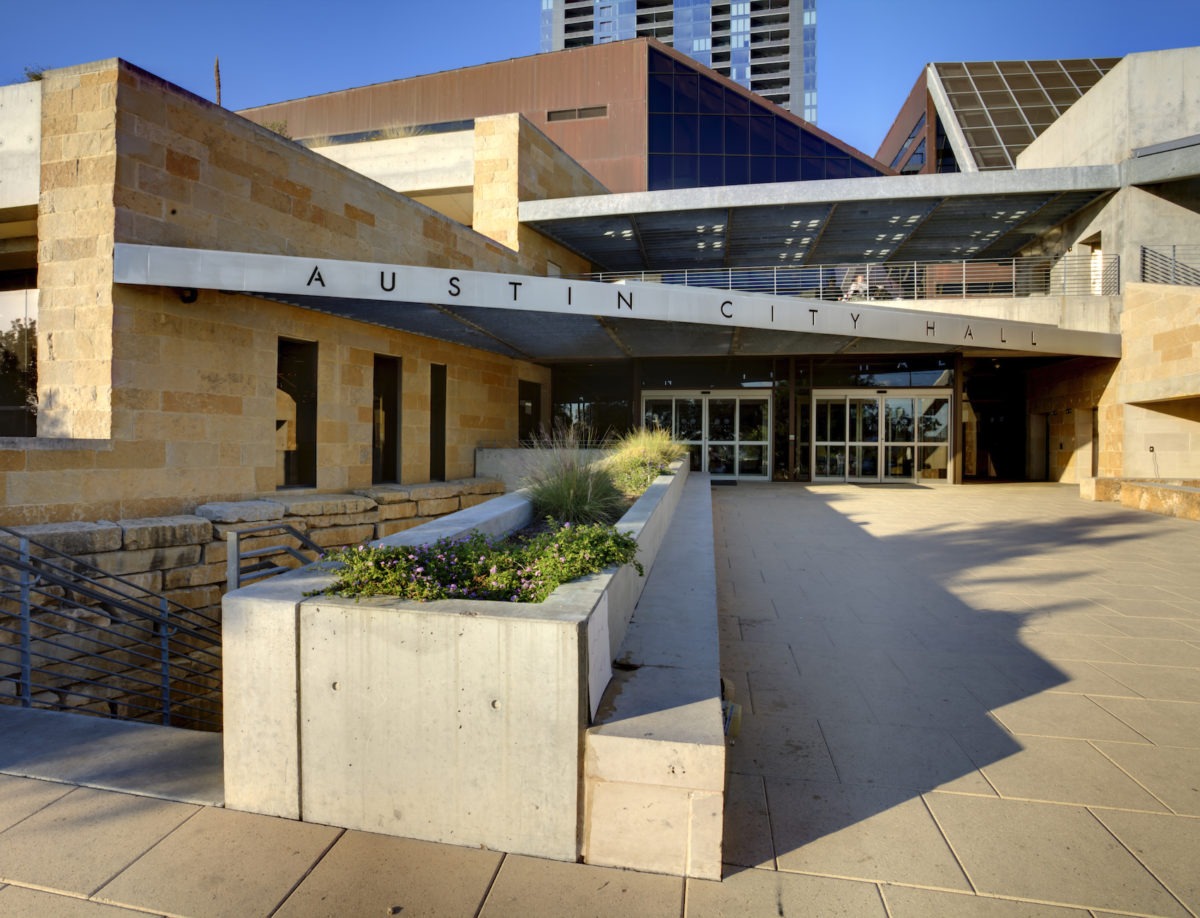
The City Council passed a budget that cut nearly $150 million from the Austin Police Department. Millions will be reinvested in services like violence prevention and supportive housing.
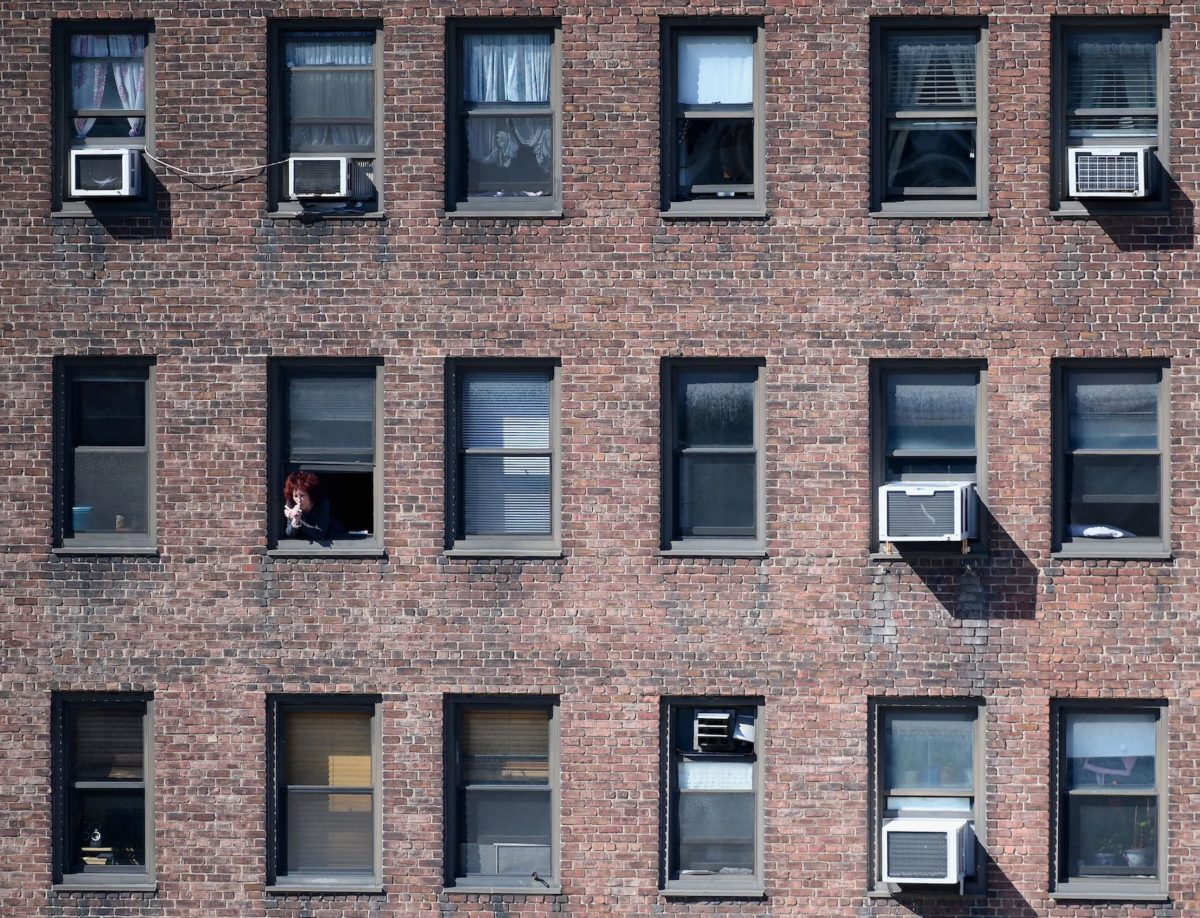
Some corporate landlords who received federal PPP loans are notorious for mistreating tenants.

New outbreaks continue to hit California prisons, advocates have harsh words for the Federal Bureau of Prisons, and a longtime journalist weighs in on a sheriff’s decision to take a battle with the ACLU to the Supreme Court.
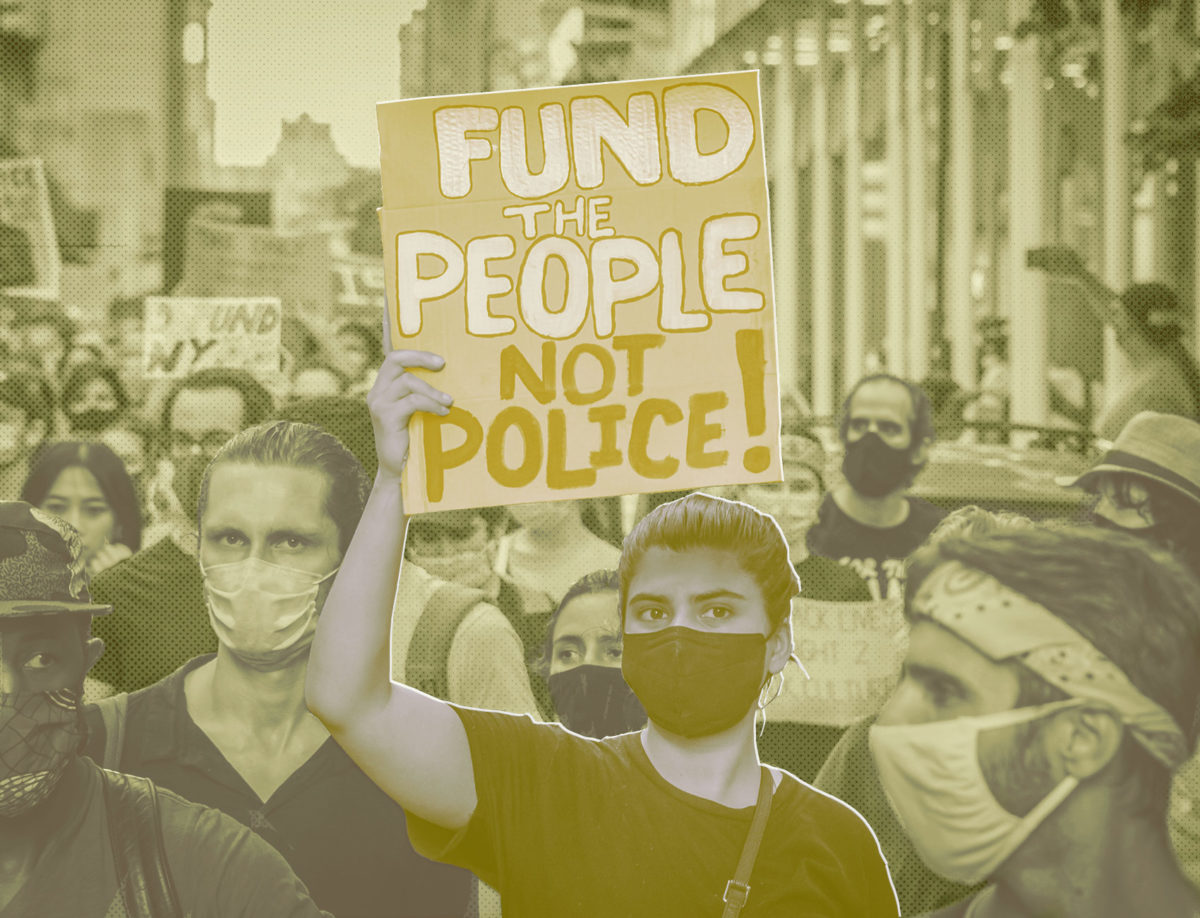
In difficult moments like this, we can’t let bad faith attacks set our community back. What our families need are resources and investment, not more police on the streets.

The boy’s mother says Orange County Sheriff John Mina has still never spoken to her after more than 20 years. And in the wake of the George Floyd uprisings, local activists are asking why Mina deserves to keep his job.
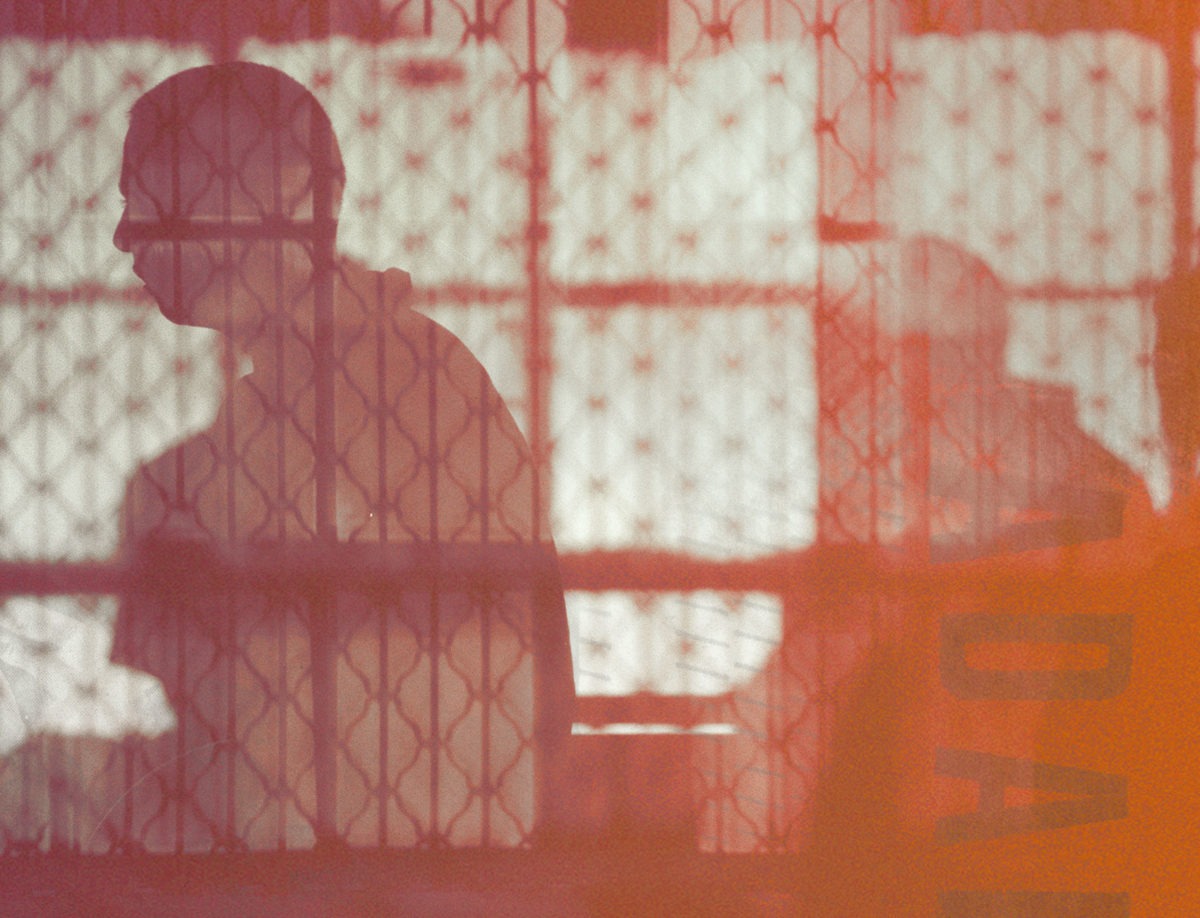
The law, known as SB 402, eliminates the use of signature bonds for a number of felonies, putting poor people who might not be able to afford cash bail at a disadvantage.

The City Council will pass a budget this week that could cut nearly $150 million in funding from the Austin Police Department. The proposal appears to have majority support.

Judge Mary Ellen Brennan jailed the 15-year-old, known as Grace, for violating her probation by not completing schoolwork. Last month, the Michigan Court of Appeals ordered Grace’s immediate release, which Brennan said left her without the means to ‘issue consequences.’

A new research project aims to better understand how COVID-19 spreads through jails, the virus continues to sweep through California’s death row, and federal prison employees are suing for hazard pay.
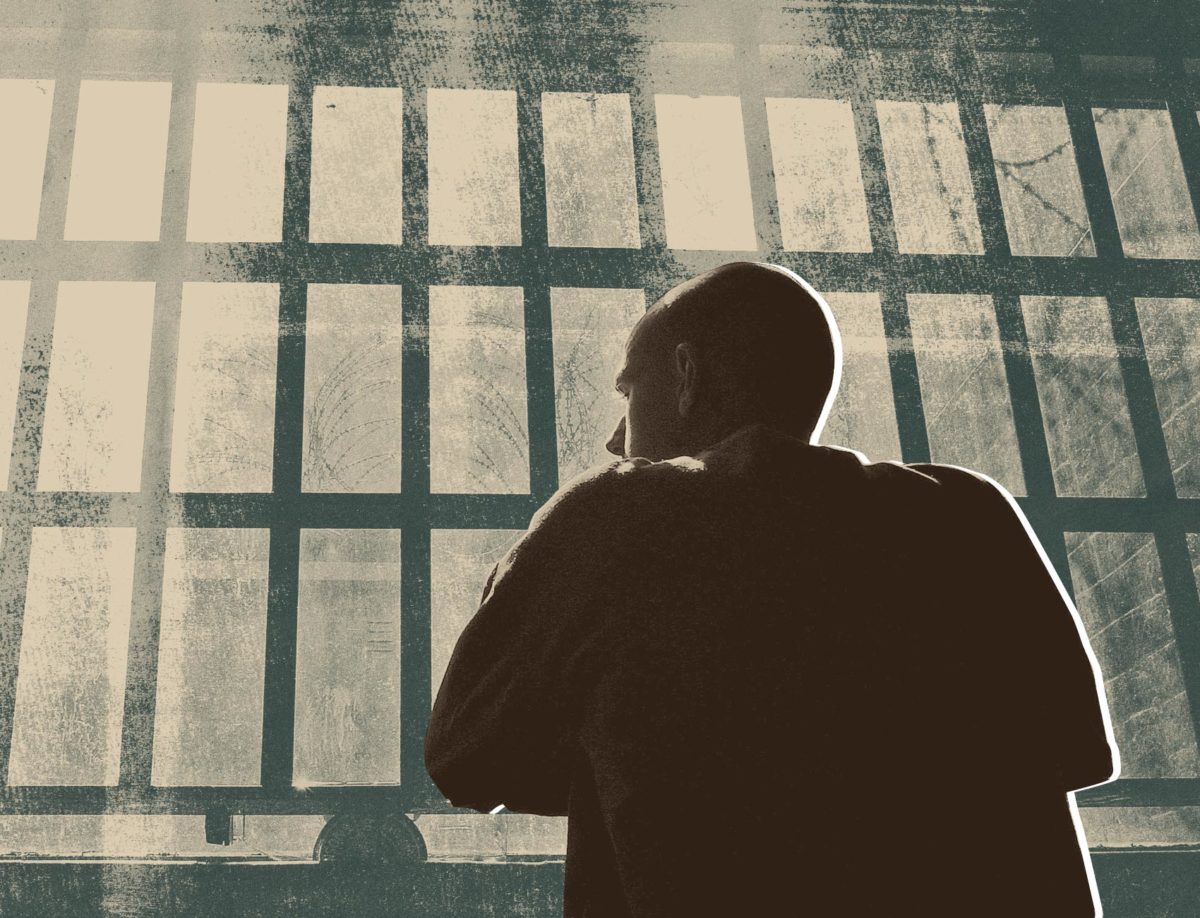
If the bill is signed into law later this month, about 20 percent of the state’s prison population could see their sentences reduced to fight the spread of the novel coronavirus, including some people who have served lengthy sentences for violent crimes.

In New York, fewer people who have experienced sexual assault or rape have sought forensic exams at hospitals during the pandemic. But advocates suggest that’s not evidence of declining sexual violence.

Attorneys file a class-action lawsuit over the outbreak at a California forensic psychiatric hospital, cases increase among Vermont prisoners sent to Mississippi, plus a map of new cases.
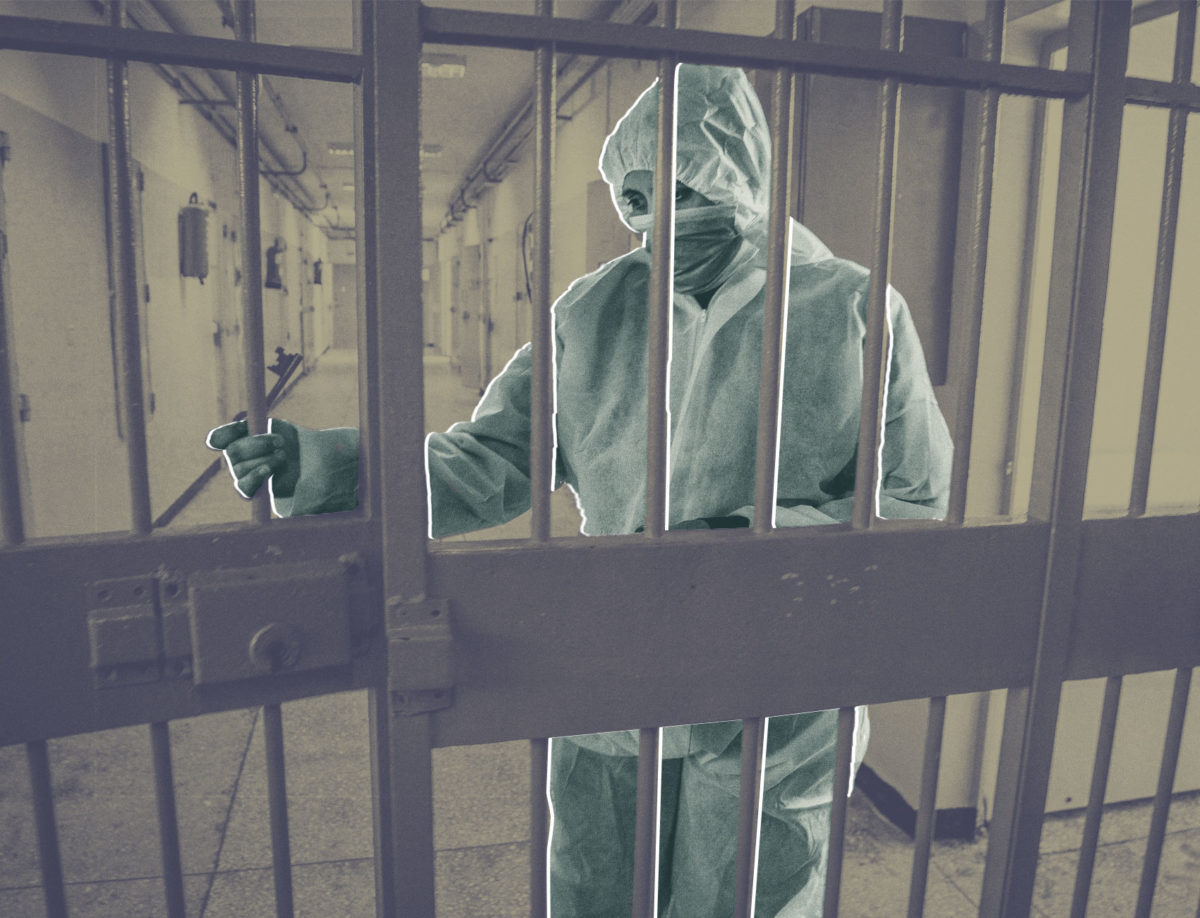
They shared their stories as part of a lawsuit seeking urgent changes to protect prisoners. One prisoner wrote that a jail officer denied his request for a mask, so he tied old underwear around his face.
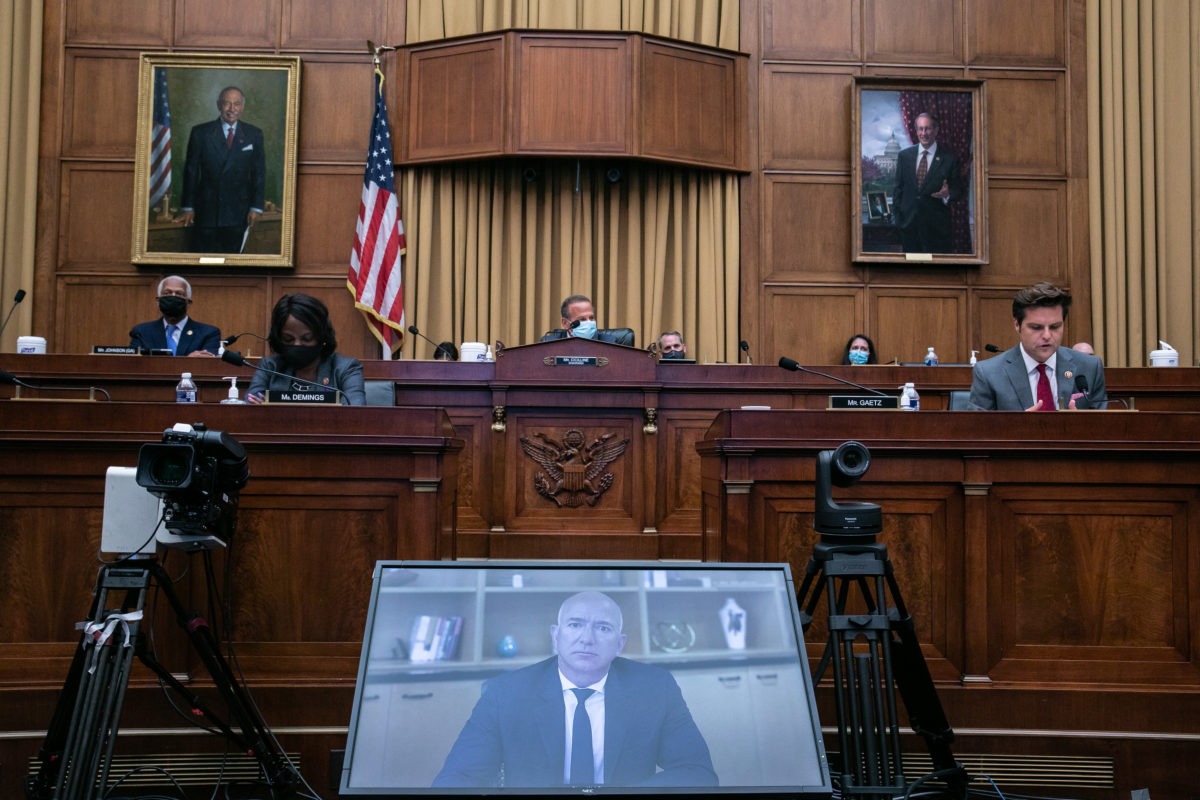
The committee signaled an unprecedented desire to break with one of the most durable, and damaging, economic frameworks of the last 50 years: the 1970s-era, hands-off antitrust ideology that helped bestow these titans of tech with such extraordinary power to begin with.
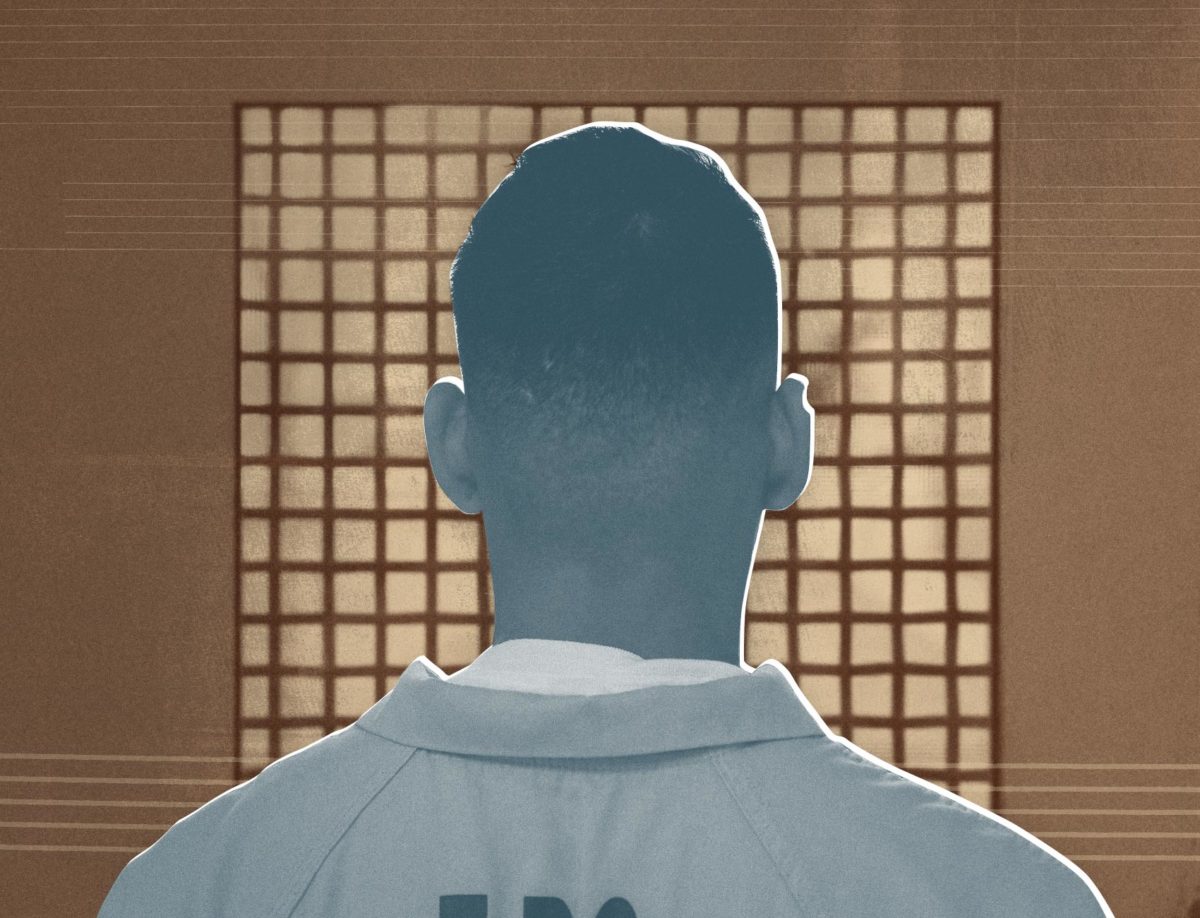
Despite the growing consciousness around the need for reforms, thousands of prisoners who might also deserve clemency or early release are slipping through the cracks.
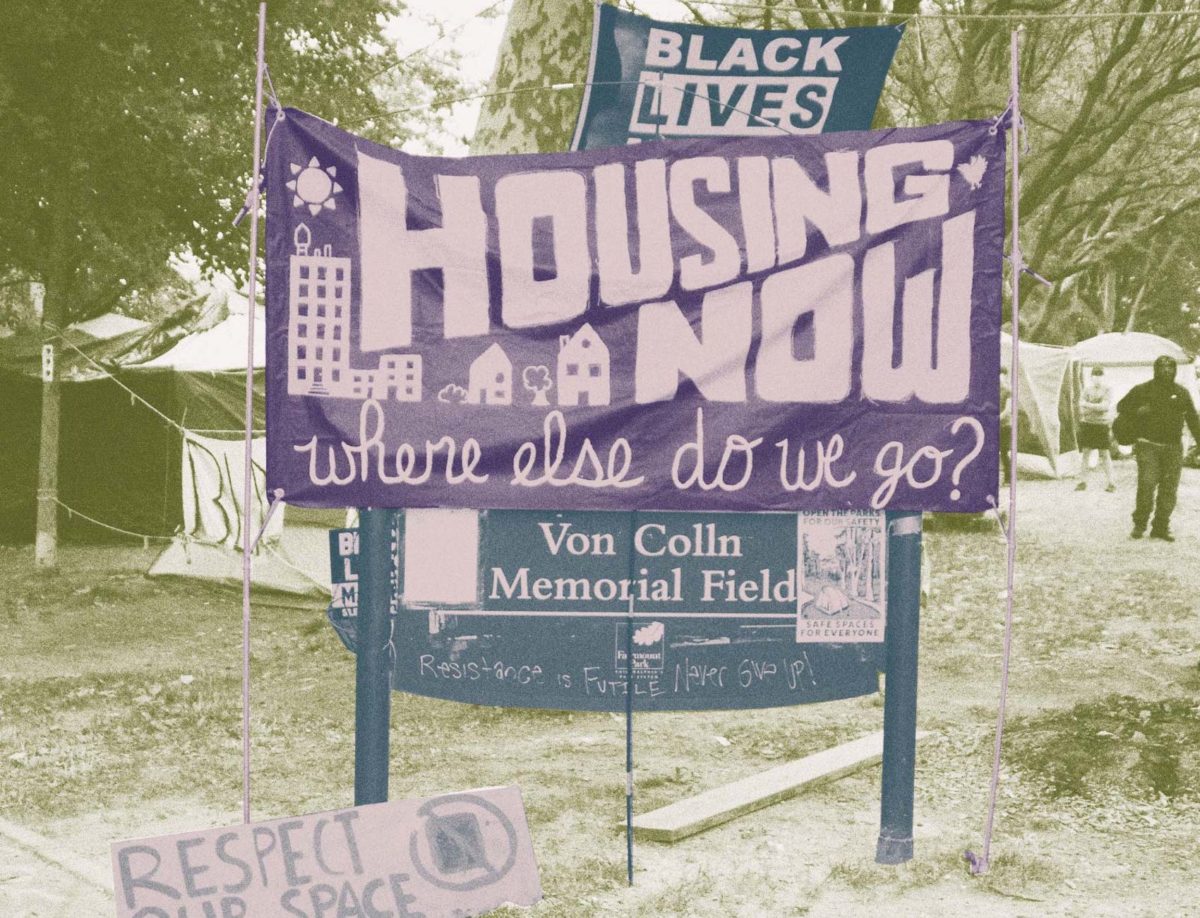
Although the agency has vacant properties, public housing has been out of reach for nearly a decade for many who need it.

Amid sustained lockdowns and deteriorating conditions, prisoners and guards are reaching a breaking point; a new study shows decarceration is slowing amid increasing outbreaks in detention facilities; and HuffPost interviews a Rikers Island whistleblower.
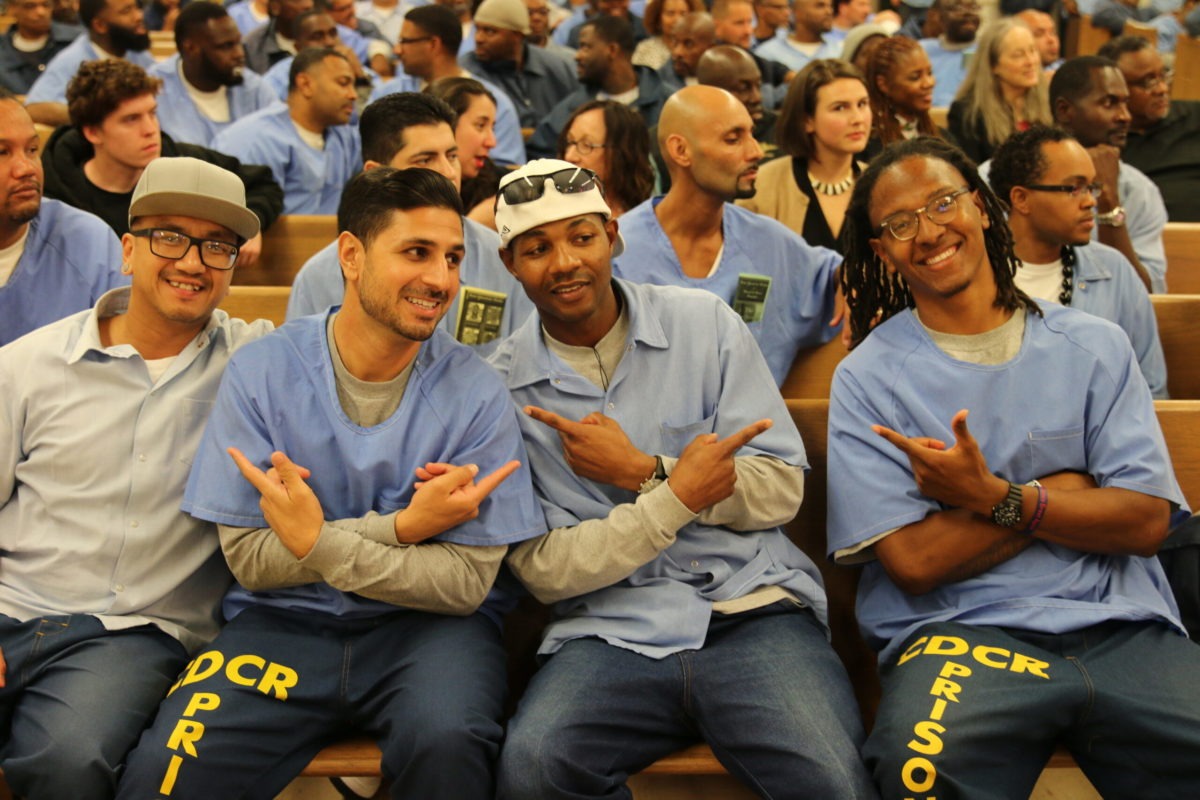
Incompetence and inaction by California’s leaders are driving illness and death inside the state’s prison system.
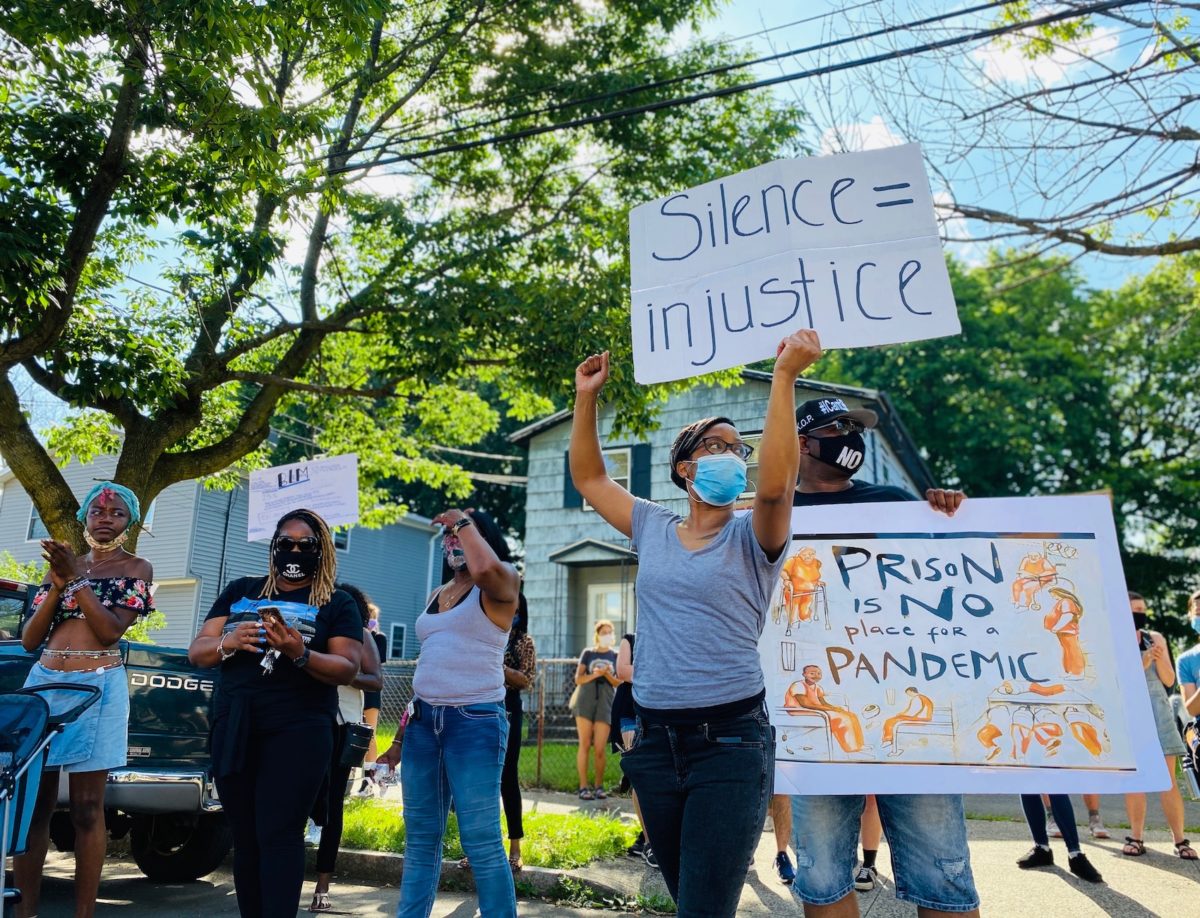
According to people incarcerated and their loved ones, state officials are ignoring the spread of COVID-19 at New Haven Correctional Center.
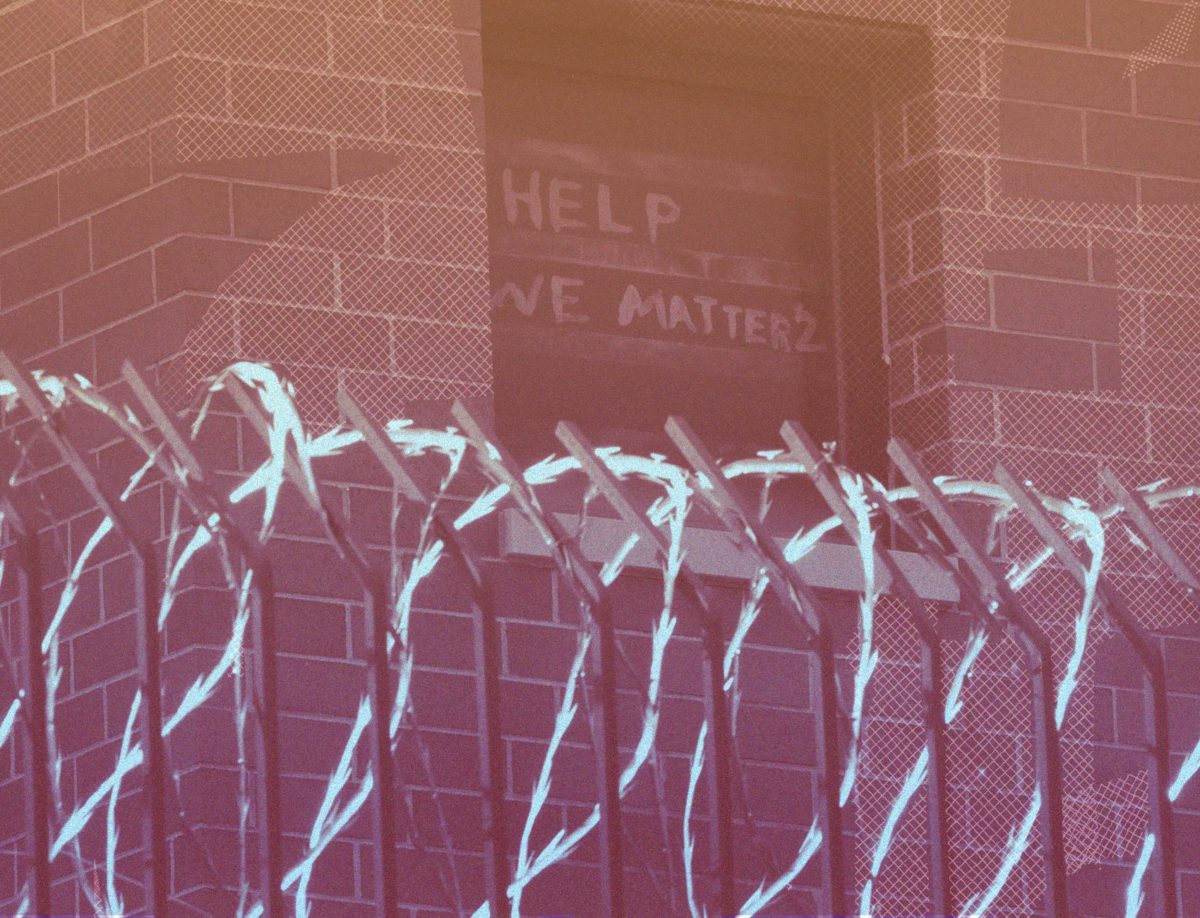
A deadly pandemic should not be used as a bargaining chip against poor, detained people charged with crimes.
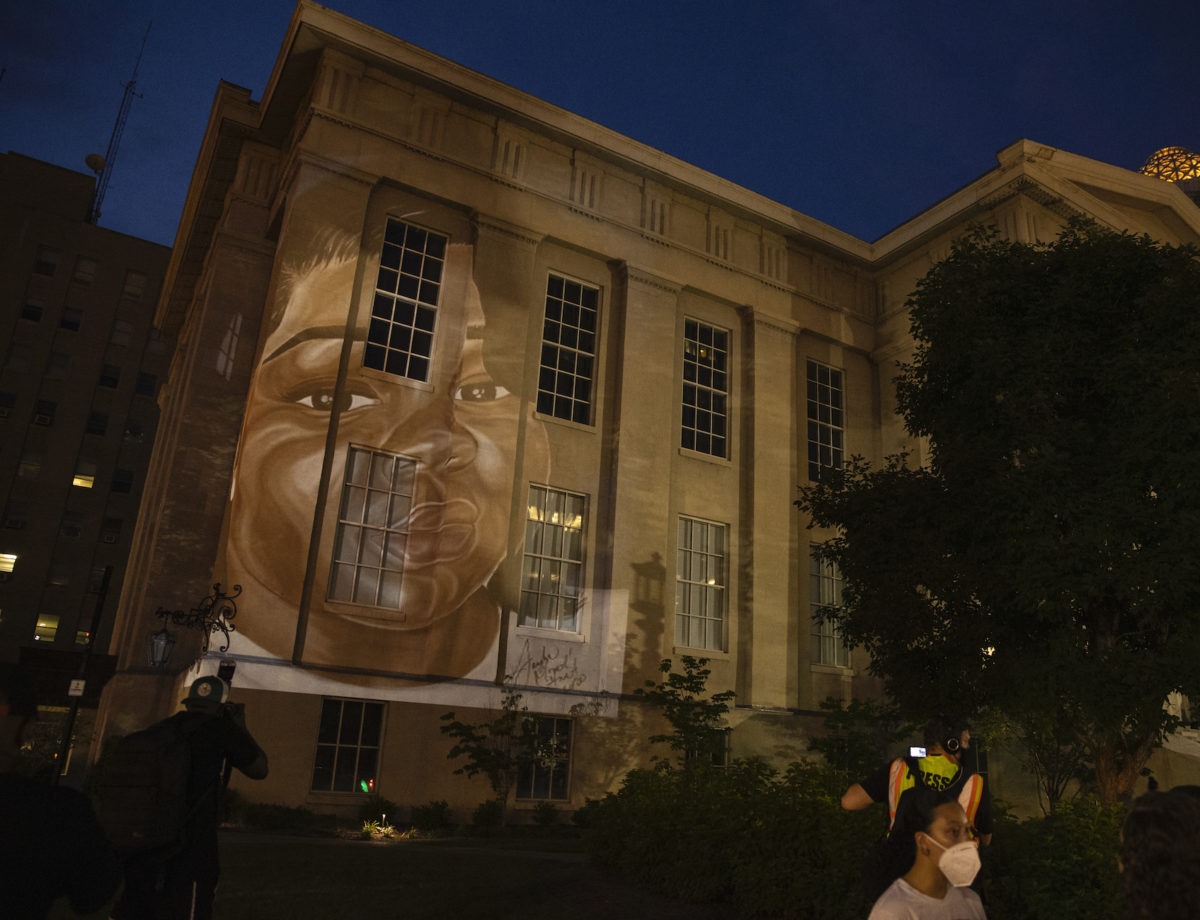
A lawsuit alleges Breonna Taylor died because Louisville was trying to arrest its way toward economic redevelopment. Research shows this is common.

Dozens of Vermont prisoners sent to an out-of-state private prison test positive for COVID-19, new study shows the prison infection rate is more than four times the general public’s, and Jay-Z’s Team Roc sues a Mississippi prison over “sub-human and deplorable” conditions.
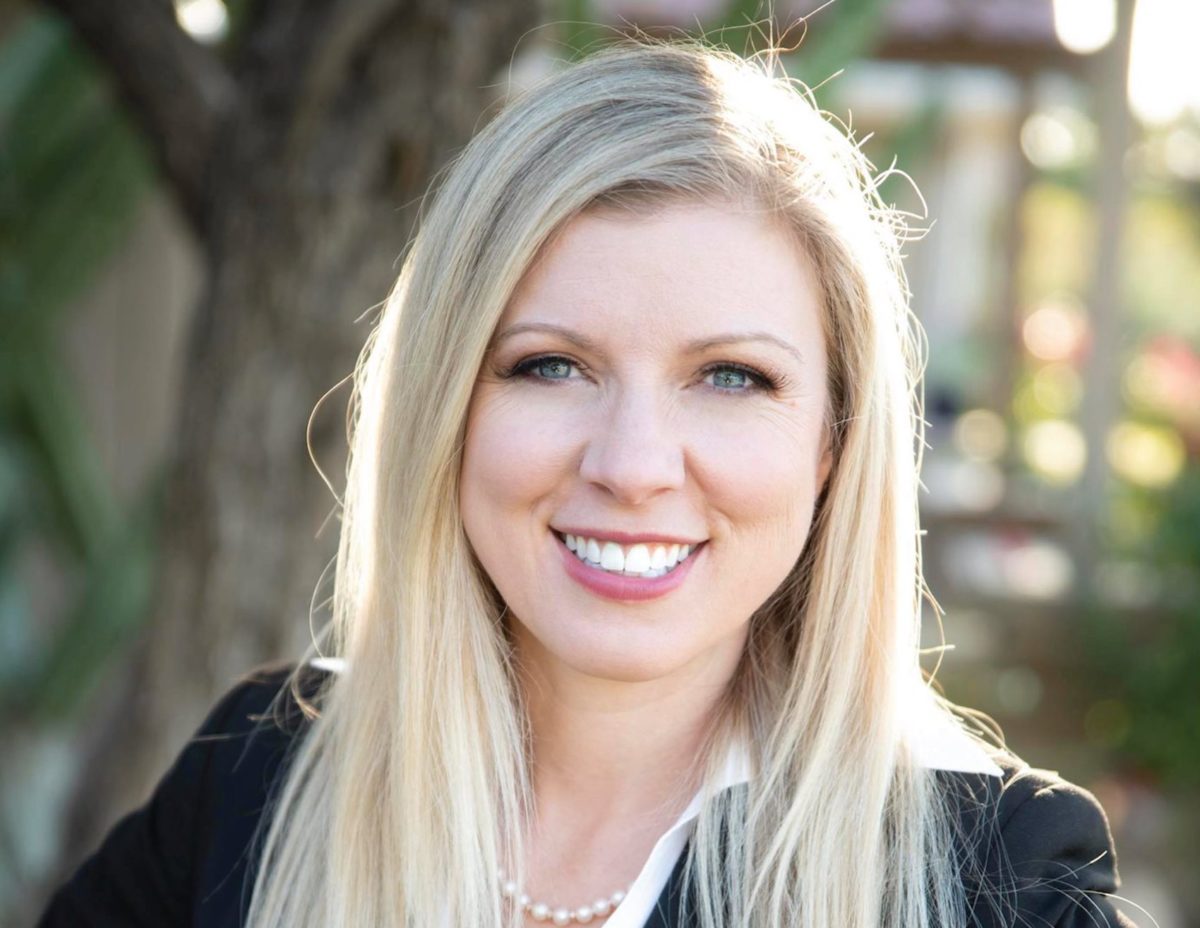
Julie Gunnigle, who is running in Maricopa County, says she supports alternatives to incarceration. But a decade ago in Illinois, she prosecuted a woman for recording phone calls and helped put her in jail for 18 months.

The Michigan Court of Appeals ordered her immediate release pending an appeal of a circuit court judge’s decision to jail the teen, known as “Grace,” in mid-May.
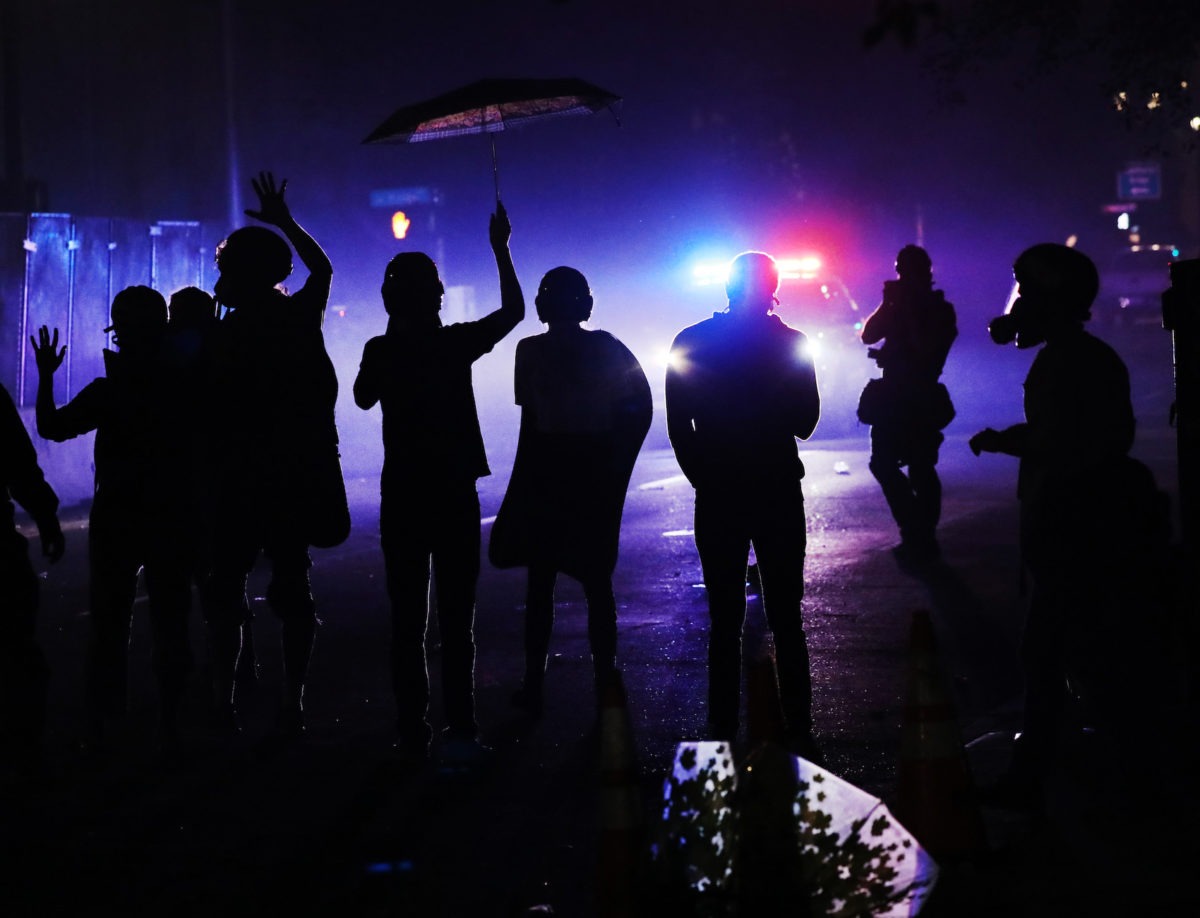
Local law enforcement tear-gassed and beat protesters and journalists.
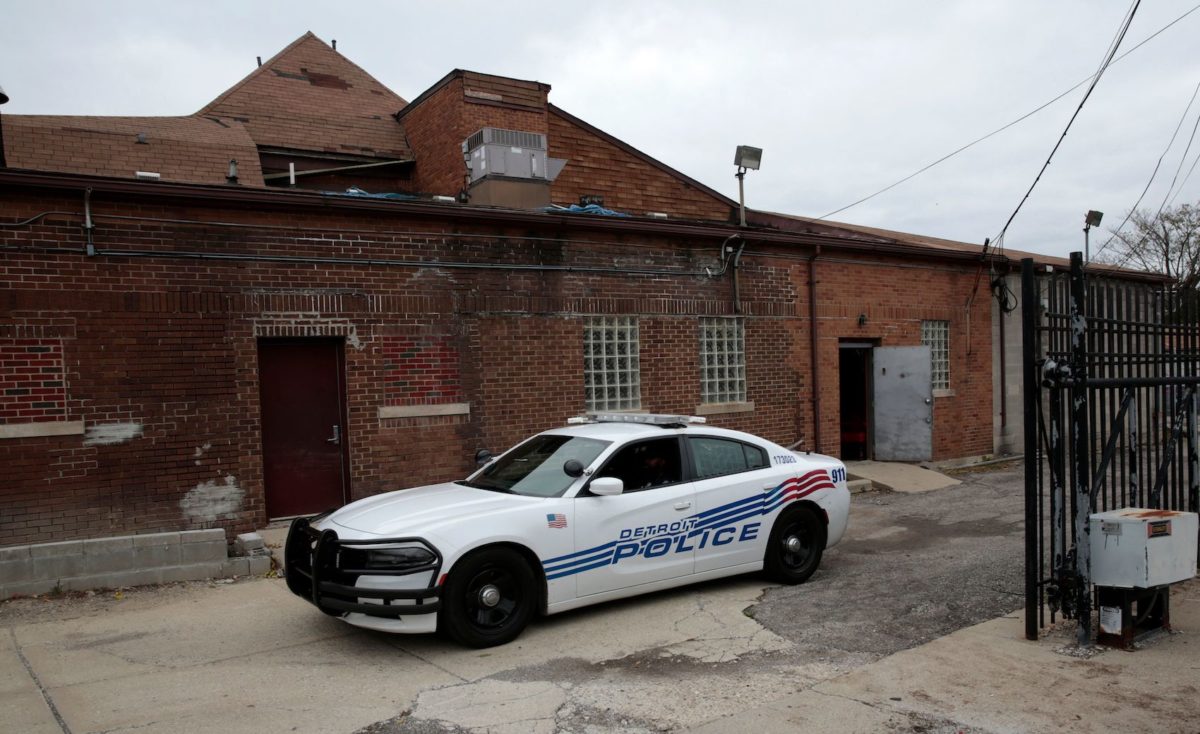
Lawyers and activists are calling on prosecutor Kym Worthy to dismiss charges against those who have been arrested. As of July 29, 451 Detroiters had been arrested for violating Michigan’s concealed carry law, an increase of 190 percent compared to July 2019.
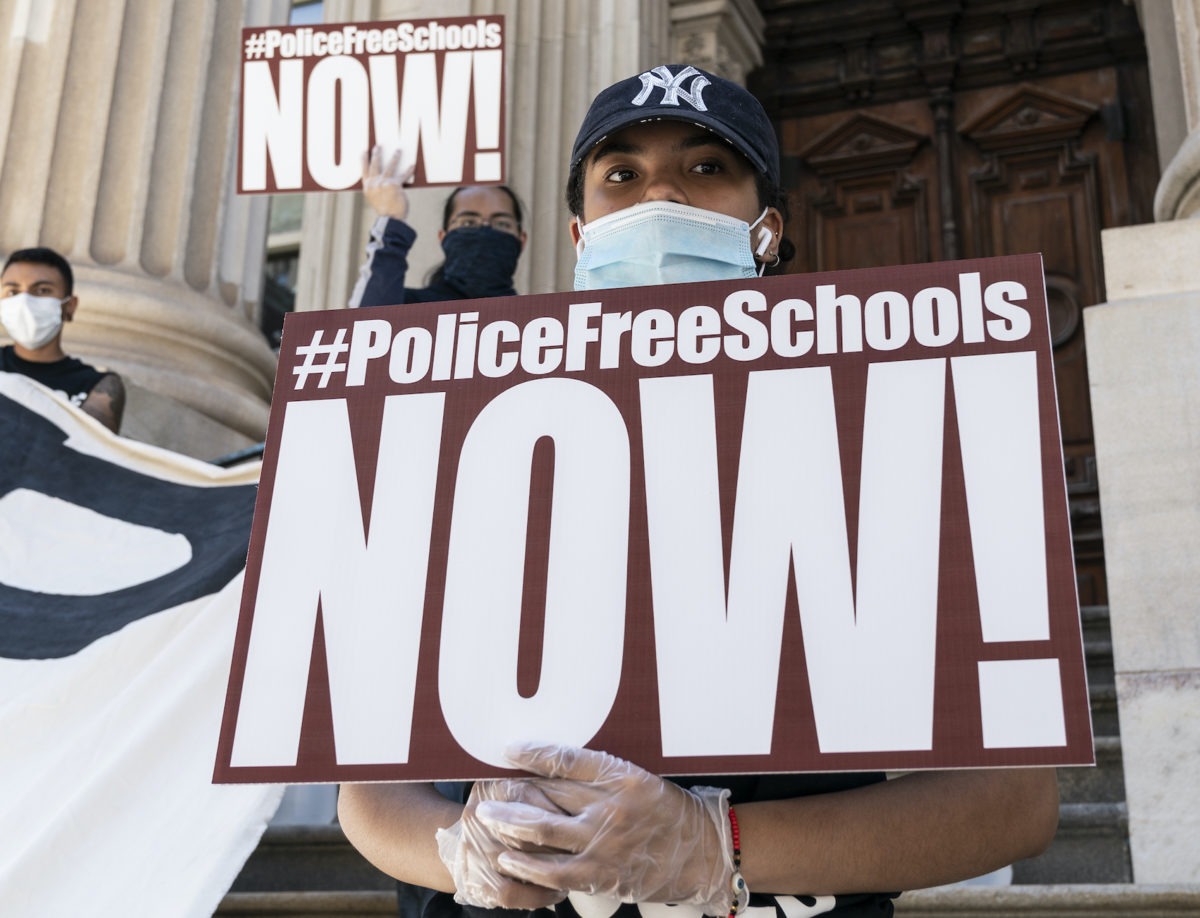
The presence of police in schools is emblematic of America’s carceral approach to governing.
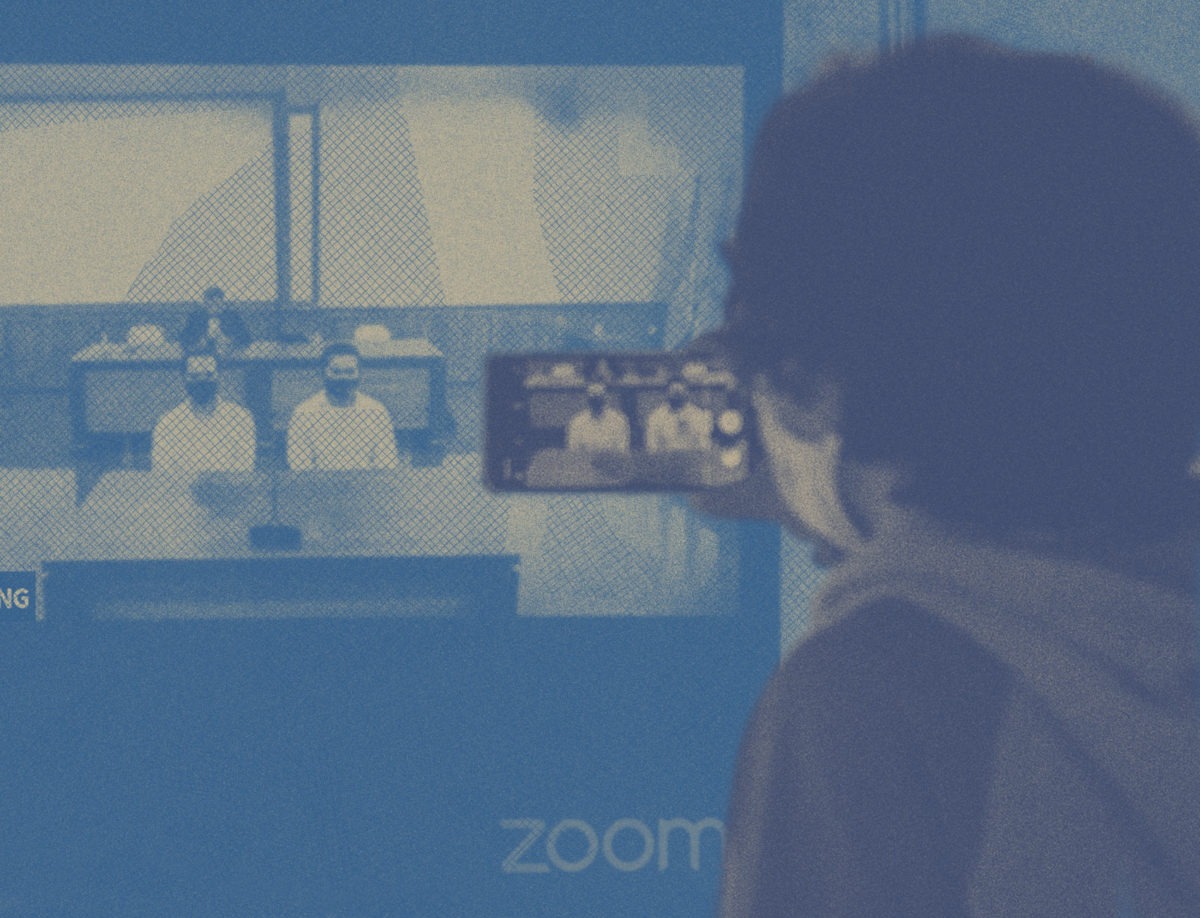
Precautions meant to minimize the spread of COVID-19—like remote hearings by video conferencing—have drastically changed the way people experience the judicial process, leaving some at a distinct disadvantage.
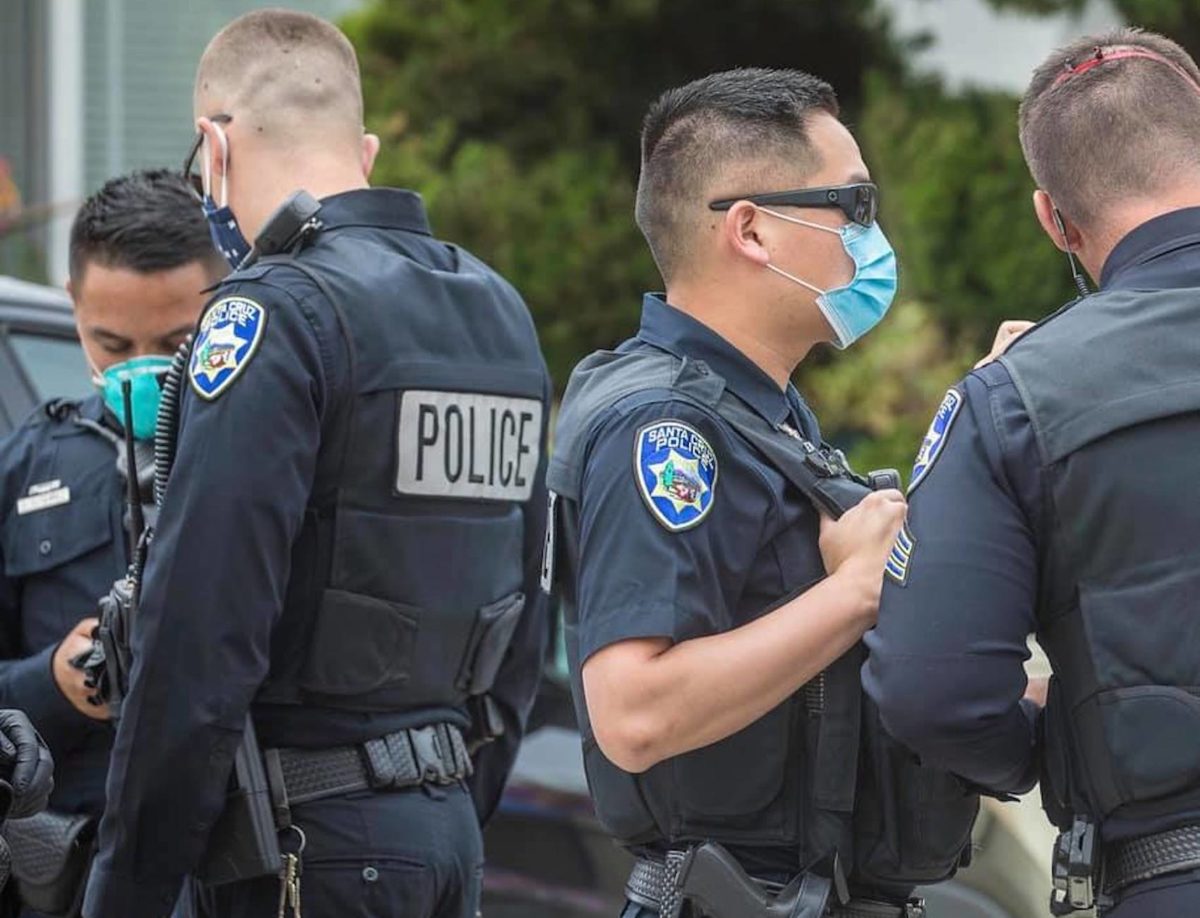
A June report from the county’s independent judicial arm urges local government to reallocate law enforcement resources to social services.